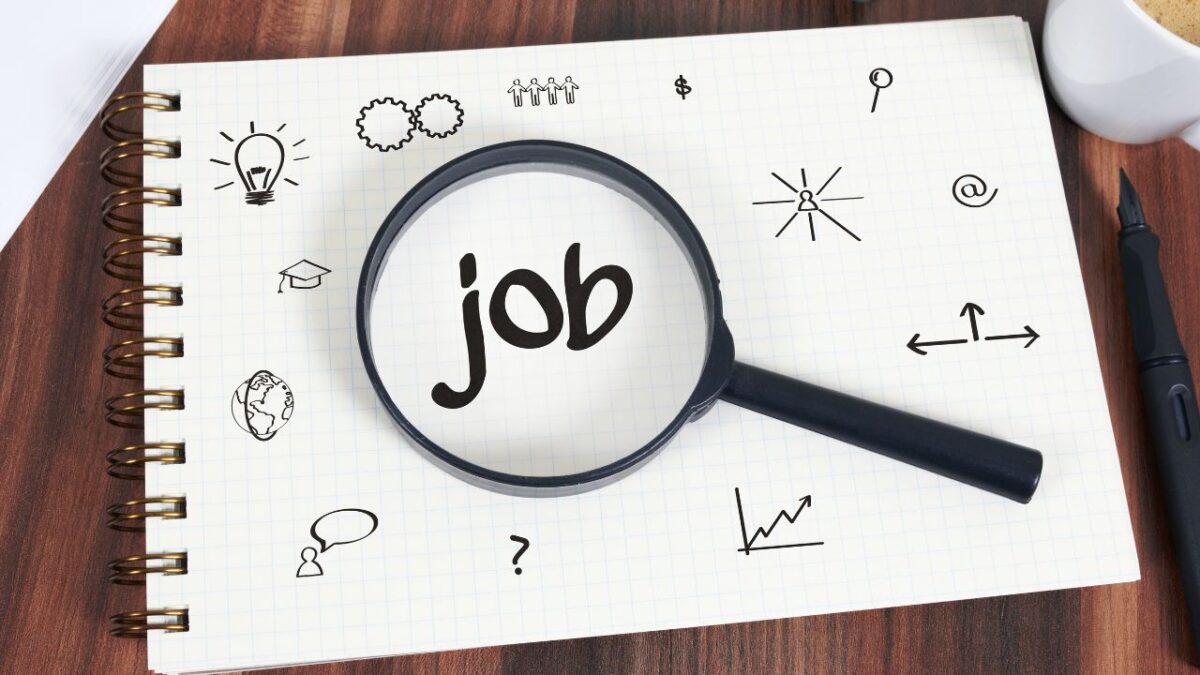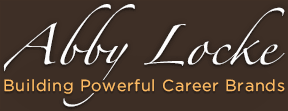
It’s your executive resume, it’s the essence of who you are and what you offer employers nicely packaged and effectively written on paper.
Talk about pressure – you can have the best career story in the world and plenty to offer employers, but having a weak resume can send you down a lonely path.
If you are currently in an executive job search, how is your resume working for you?
- Does your executive resume effectively sell you?
- Can employers quickly grasp your leadership expertise and value proposition?
- Have you strategically capsulated 15+ years’ experience without stifling the document?
Well. Let’s use the “who-what-why” review of executive resumes to see if your current executive resume makes the mark.
1) Your executive resume should communicate who you are right upfront and help employers and recruiters understand your background and your executive brand.
For example, using a header like “Senior Executive – Global Labor Relations – Europe, Asia and Latin America.
2) Your executive resume should help employers get a peek at your personality and more importantly understand what differentiates you from other executive candidates.
For example, a senior technology executive could have a brand that says “Exploiting Emerging TechnologiesTo Build Revolutionary Digital, Social & Mobile Marketing Solutions”
3) Your executive resume should show that you are the right fit for the position. You may have impeccable experience and achievements in sales, but that’s not helpful to an employer who is seeking a finance or operations executive. Give a brief overview of your tasks and more importantly why you were hired.
For example, “Hand-picked by CEO to lead extensive turnaround initiatives following company’s loss of mulit-million dollar contract. Hold strategic leadership role and management oversight for 5 global sites with 5,000 employees and $500M in annual revenues.”
4) Your executive resume should quickly showcase your career achievements and link them to critical business challenges that your target employers generally face in today’s economy.
Remember that the best achievements will give employers the context and complexity around the results.
For example, “Reversed recurring business losses and transformed revenue performance, producing the highest level of profits in 10-year period”
5) Your executive resume should avoid the “kitchen-sink” factor as it’s designed as an appetizer for employers and recruiters to learn more about you and invite you in for further discussion.
Your resume content should be relevant, selective and strategic, you can fill in the gaps in a personal interview. So how does your executive resume stand up to the factors listed above?



